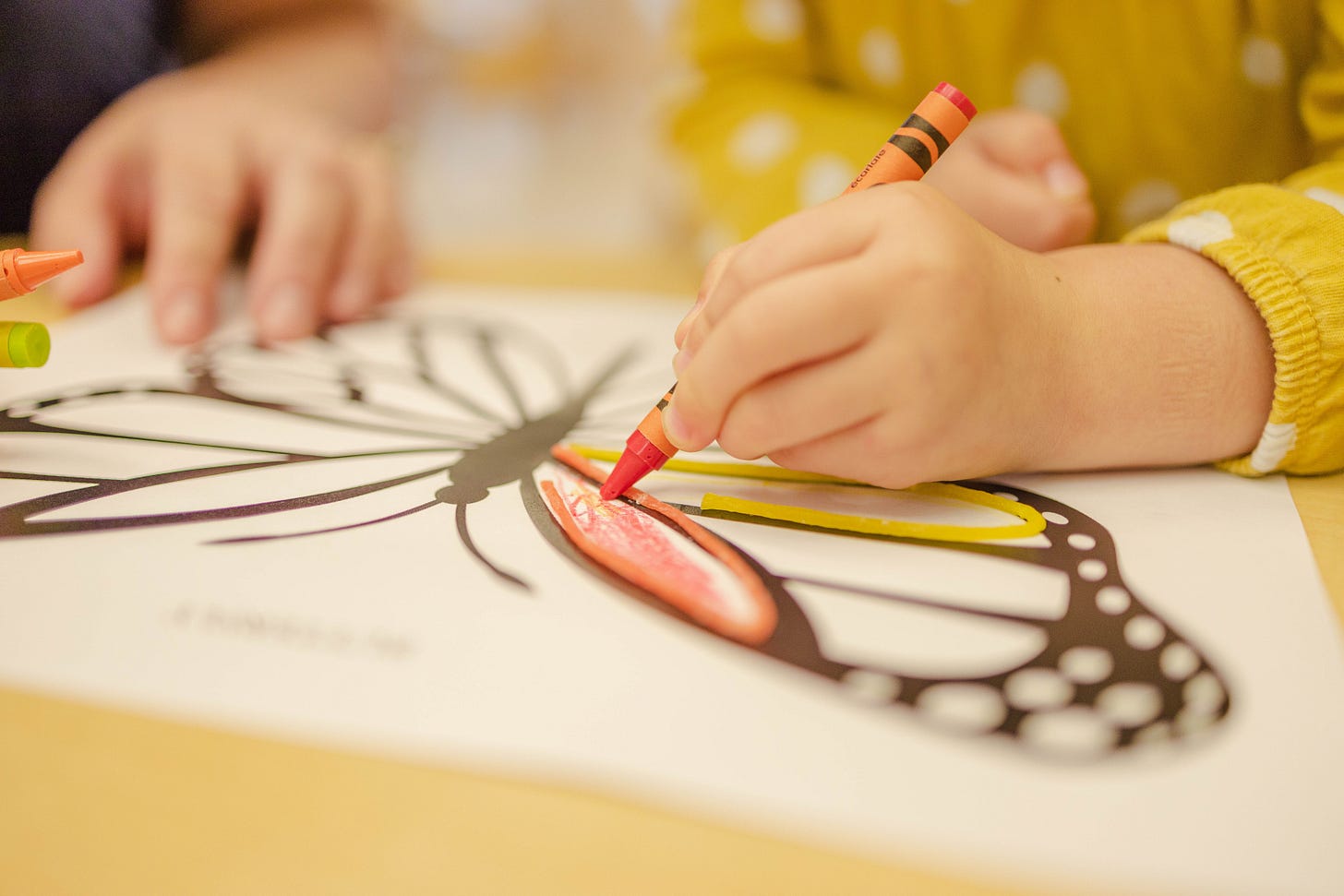How to Help Your Perfectionist Kid
The way we parent shapes how our children respond to mistakes and challenges.
Welcome to Is My Kid the Asshole?, a newsletter from science and parenting journalist Melinda Wenner Moyer, which you can read more about here. If you like it, please subscribe and/or share this post with someone else who would too.
Dear Is My Kid the Asshole,
My daughter has turned into a perfectionist. If she doesn’t get her drawing right on the first try, she melts down into a mess of screams and angrily rips up her paper. I’m worried she might stop doing art entirely just to avoid the possibility of mistakes. What do I do?
Sincerely,
Nobody’s Perfect
Dear Nobody’s Perfect,
I remember a time a few years ago when my son decided that he had to read a book aloud to us — perfectly. If he stumbled over a word, he started reading the book all over again. But of course, every time he messed up he got more agitated. You can imagine that this did not end well.
So I hear you. And unfortunately, we’re not alone. According to a meta-analysis of studies published in 2019, perfectionism — defined as setting an almost unattainably high standard and valuing only success — has become more common since the 1980s. It’s unclear exactly why, but the researchers point to cultural changes — an increased emphasis on individualism, meritocracy and competitiveness, as well as shifting parenting practices that put more pressure on kids to perform well and avoid mistakes (rooted in understandable concerns about ensuring that our kids succeed in an increasingly competitive world). “There are increased pressures on young people to succeed, and be better than their peers,” said Jennie Hudson, a clinical psychologist at the Black Dog Institute in Australia who studies perfectionism.
I have also heard, anecdotally, that perfectionistic behavior has been increasing since March 2020. When I spoke with clinical social worker and child development specialist Claire Lerner a few days ago, she said she’s been seeing a rapid rise in this behavior among kids she’s worked with. “I've seen this real uptick in parents observing kids really struggling with perfectionism,” she said.



